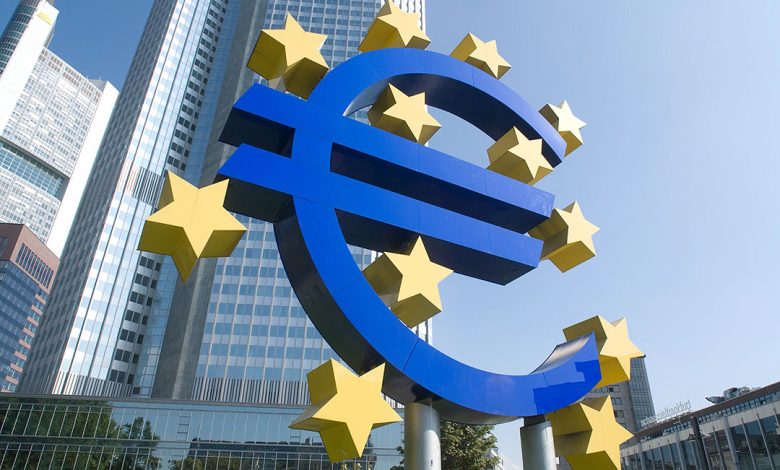ECB must follow peers with tough inflation message, Wunsch says

THE European Central Bank (ECB) risks underestimating the threat posed by inflation and falling too far behind global peers in confronting soaring prices, Governing Council member Pierre Wunsch said.
The Belgian central bank chief said new projections showing euro-area inflation at 1.8% in 2023 and 2024 mean the 2% goal has basically been reached — allowing for a faster withdrawal of stimulus. He spoke a day after the ECB confirmed it would wind down its pandemic bond-buying program but temporarily expand an older one to ease the transition.
“There’s a lot of uncertainty about 2023 and 2024, but my take is that we’re essentially at target,” Wunsch said Friday in an interview. “Whether you’re at target or just a little bit below or a little bit above doesn’t matter so much. What I’m a bit concerned about is the fact that we’d insist so much on still being below target.”
Wunsch said he probably would have preferred a faster reduction in regular bond buying, while adding “that’s to me not the big issue.”
“The big issue for me is the narrative that doesn’t recognize enough that there seems to be an inflation issue in the world and we seem to see it very differently,” he said.
Thursday’s decision by the Frankfurt-based institution was an acknowledgment that emergency stimulus enacted to stem the economic damage from Covid-19 must be wound down now that output is near pre-crisis levels and inflation at its fastest since the euro was created.
But the steps it took were far less aggressive than elsewhere. The US Federal Reserve doubled the pace of its own stimulus exit, while the Bank of England delivered a surprise increase in interest rates — the first since the pandemic struck.
Speaking after Thursday’s announcement, ECB President Christine Lagarde said loose monetary policy remains necessary “for inflation to stabilize at our 2% inflation target over the medium term” from 4.9% in November.
Wunsch argued that the ECB no longer faces the dangerously slow price growth seen before the pandemic.
“We used to have low inflation rates and we were expecting to converge to the target,” he said. “But today is very different. Now we’re clearly above target. We have an average inflation over four years that’s clearly above 2%.”
Wunsch, who’s been in his role since 2019, has become increasingly hawkish in recent months. Other Governing Council members, while not as forceful, have said the inflation landscape may be changing.
Portugal’s Mario Centeno, who’s traditionally more dovish, warned that “the risk that inflation is higher than the forecasts exists.” France’s Francois Villeroy de Galhau, who objects to hawk or dove labels, said Friday “in some ways there is a new inflation regime around the 2% target that looks more like what we had before the financial crisis.”
So far, Lagarde appears to have convinced investors that a rate hike next year is unlikely — particularly as the developing threat from the omicron coronavirus variant triggers restrictions across Europe. Money markets are only betting on a 10 basis-point rate hike in early 2023.
For Wunsch, however, there’s a clear case to act — especially with the future inclusion of owner-occupied housing in the inflation calculations likely to push the rate up a little more.
“If we don’t believe that we’re going to have any kind of second-round effects, if we don’t believe our monetary policy is effective, at some point, we’re going to have a problem,” he said. “Because otherwise we’re in a situation where we’re never going to exit.” — Bloomberg




